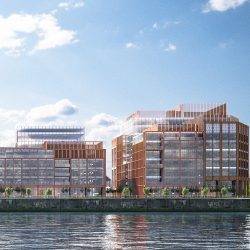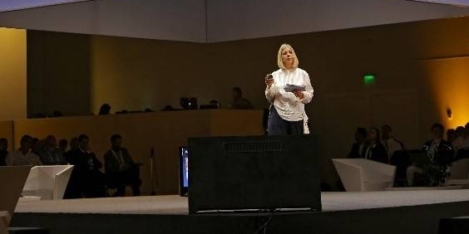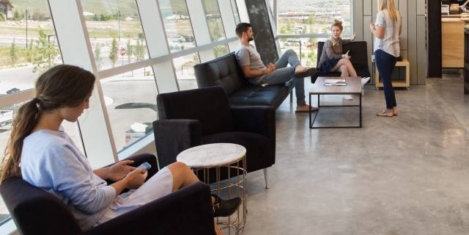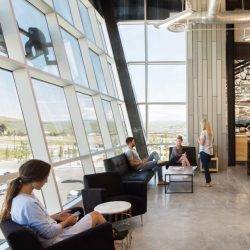September 17, 2018
AI will be commonplace in the working lives of staff very soon
 Experts at Henley Business School have announced that the majority of the graduate workforce in the UK will be working with artificial intelligence on a daily basis by 2030, with technology such as ‘AI assistants’ expected to be commonplace in the next decade. New research released at the Henley annual World of Work 2030 conference, claims that a third (35 percent) of UK workers are excited about the prospect of their own personal AI assistant. With the average worker currently spending 3.5 hours a week on admin tasks, assistants’ could give workers back 12 working days a year (over two working weeks) by taking on these activities and freeing up time for more productive tasks.
Experts at Henley Business School have announced that the majority of the graduate workforce in the UK will be working with artificial intelligence on a daily basis by 2030, with technology such as ‘AI assistants’ expected to be commonplace in the next decade. New research released at the Henley annual World of Work 2030 conference, claims that a third (35 percent) of UK workers are excited about the prospect of their own personal AI assistant. With the average worker currently spending 3.5 hours a week on admin tasks, assistants’ could give workers back 12 working days a year (over two working weeks) by taking on these activities and freeing up time for more productive tasks.

































August 22, 2018
Why early intervention matters for workplace mental health
by Liz Walker • Comment, Wellbeing, Workplace
(more…)